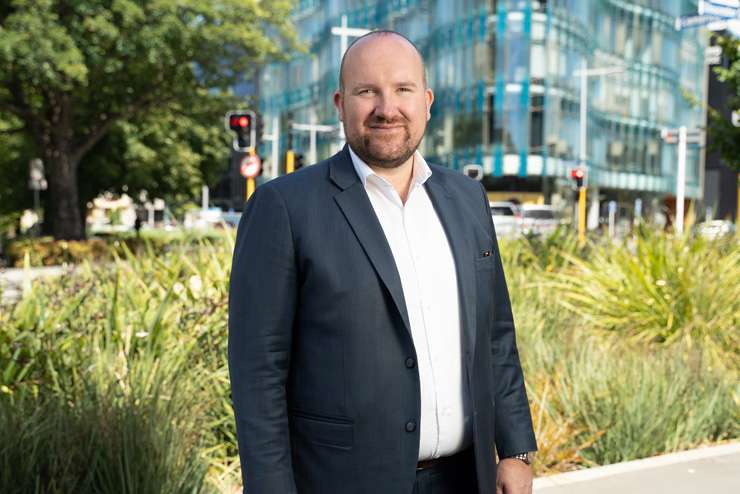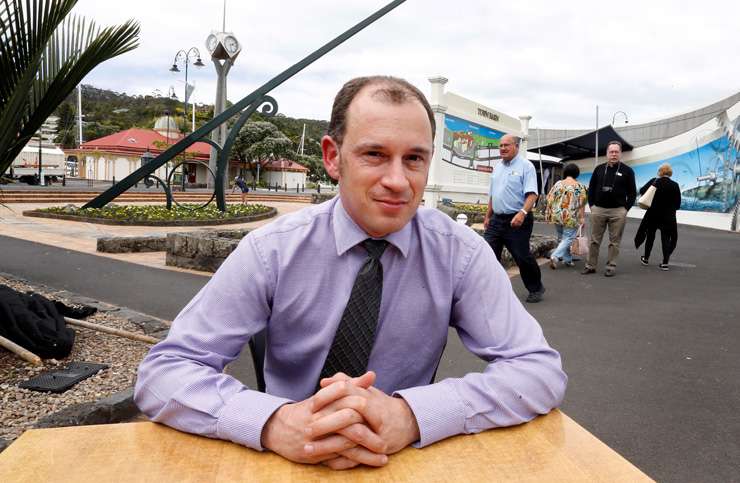With interest rates nearly hitting 6%, a growing number of people may be moving to interest-only repayments when they are forced to refix their mortgages at, in some cases, double their existing rate.
Umbrella Company mortgage adviser Sara Hartigan warned that in the next few months a lot of people would be moving from paying both principal and interest on their home loans to interest only because it was all they could afford.
“Because a lot of people coming off those low interest rates cannot afford the higher interest rates because they’ve gone out and got car finance, they’ve gone on holiday or they’ve done renovations to their property or they’ve picked up extra credit card debt through Covid. So, the only way for them to maintain their mortgage is to go interest only,” she said.
”It [going to interest only] makes such a significance. I’ve had a client that’s gone from paying $6500 to $3200.”
Start your property search
At this stage, Hartigan said, banks haven’t spoken openly about their policies regarding interest on owner-occupier loans, but believed it was something they would have to revisit.
She said the timeframe banks allowed customers to just pay interest only was done on a case-by-case basis, but even if banks only allowed customers to do it for two years it would help people through much of the financial crisis or recession, the country was heading into.
EasyStreet Mortgages mortgage adviser Gareth Veale has had clients ask whether they can extend their mortgages beyond 30 –years, adding that those same people would be looking to move to interest-only payments as they tried to make ends meet.
“People are going to struggle because their own household budgets have been built around what their repayments would have been under interest rates three times as low. Either people are going to have to really cut back their expenses or they are going to have to work with the bank around affordability.”

EasyStreet Mortgages mortgage adviser Gareth Veale: “People are going to struggle.” Photo / Supplied
Total Mortgages mortgage adviser Jordan Cameron said interest-only mortgages were usually reserved for property investors or people under financial hardship and it would be unlikely for banks to allow owner-occupiers to move to interest only just because interest rates had gone up.
“You have to have a pretty good reason for an occupier. If they are starting to fail on their mortgage repayments and stuff then the hardship team may approve it, but if you just simply rang up and said this is going to cost me a bit more I want to go on interest only then nine times out of 10 they will say no.”
The reasons people could be considered under the hardship rule might be if someone is going on maternity leave or has been made redundant. “It is kind of case –by case and varies from lender to lender as well.”
Most banks only allowed investors to pay interest only for a maximum of five years and owner-occupiers usually had to start paying down the principle in two to three years.
Infometrics chief forecaster Gareth Kiernan said interest rates had gone up to a level people wouldn’t have expected them to when they bought their houses in the first half of 2021 and fixed their borrowing at about 2.5%, so that would put a lot of stress on people’s budgets when they went to refix.
He expects to see more people starting to struggle from the end of this year when they go in to refix their interest rates. “If we are talking about the lowest mortgage rate getting up 5.5% in the first half of next year – that's when I think those stresses are going to start to come on.”
While moving to paying interest only was one option for people trying to combat the rising interest rates, he said the Reserve Bank saw it as being “relatively risky” so would not be encouraging banks to do it.
“I suspect what you will see is there will be more of it, but there will be a selectiveness from the banks to make sure they are saving that ability for the people who are probably most in need to tide them over.”

Infometrics chief forecaster Gareth Kiernan says rate rises have strained household budgets. Photo / Supplied
However, Kiernan said even last year the banks were still stress-testing at a rate of at least 6% so it should only impact people who have suffered a financial emergency.
“So, in theory if people have kept their jobs, they should be able to service the mortgage so it is probably those people who have had some sort of additional stress come through to their budget that are going to be most at risk or most in need of it.”
CoreLogic head of research Nick Goodall said banks were not as willing to roll people over to interest only as they had in the past because they wanted the debt to be reduced – but other options to offset high repayments included extending the life of the loan.
Likewise, borrowers might also want to avoid just paying interest so they’d want to reduce the size of their loan soon, especially with the interest deductibility changes coming into play over the next five years.
While Goodall said the latest Reserve Bank data showed there was a declining trend of interest-only lending, it was still happening in some cases.
“It’s never good if people go into hardship so if the only option or one of the better options is to change the payment type to interest only then I’m sure they are always willing and able to look at that as an option. But I’m sure they will be factoring it in amongst the risk of also doing that which, as I say, could expose them more as prices drop. If you are not paying your principle down there’s a chance of negative equity coming too.”


















































































